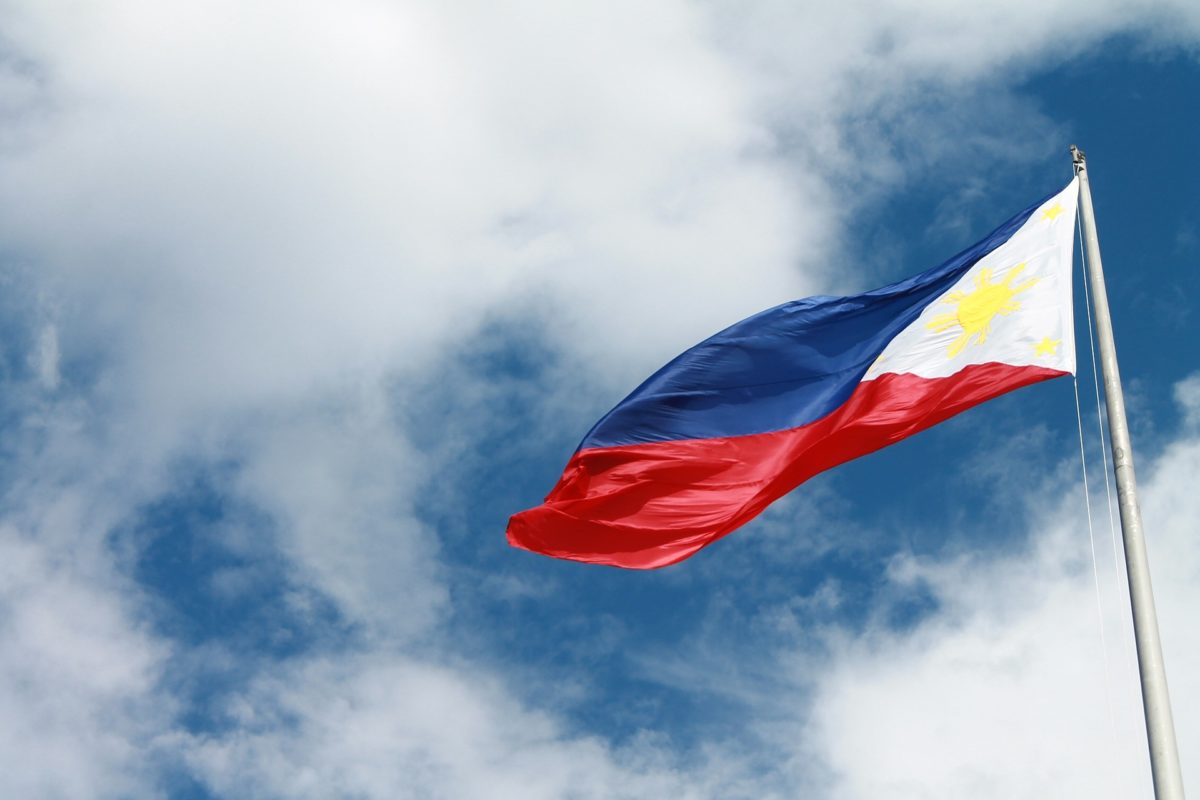A group of energy industry associations, led by the Philippine Solar and Storage Energy Alliance (PSSEA), has formally asked the government of the Philippines to reject House Bill 8179, which would give Solar Para Sa Bayan the rights to build solar-powered minigrid systems throughout the Southeast Asian country.
In an online statement, the PSSEA described House Bill 8179 as “unconstitutional.” It claims the bill will give the so-called “social enterprise” — founded by young entrepreneur Leandro Leviste — the green light to deploy its off-grid installations wherever it wants, without any limits on system capacity.
“It effectively grants a monopoly and exempts one private company from the rules of competition and oversight,” the PSSEA said, referring to rules under the Electric Power Industry Reform Act (EPIRA) of 2001 and the Renewable Energy Act of 2008. “There is absolutely no justifiable reason for our policymakers and legislators to restrict the expanding renewable energy industry from developing solar, wind, hydro and biomass as sources of energy that will bring light to missionary areas throughout the country.”
The organization said its request to scrap the bill is backed by the Renewable Energy Association of the Philippines (REAP), the Center for Renewable Energy and Science & Technology (CREST), the Confederation of Solar Developers in the Philippines (CSDP) and the Organization of Socialized Housing Developers of the Philippines (OSHDP).
The five groups claim the bill offers unspecified fiscal and tax incentives to Solar Para Sa Bayan without including measures to sufficiently regulate its activities under the proposed franchise arrangement.
Leviste, the president of Solar Para Sa Bayan, did not immediately respond to requests to comment on the matter. However, in an online statement, he appeared to deny that the government would shoulder any of the costs of deployment.
“We are grateful for the support of more than 20 towns that have already passed resolutions endorsing Solar Para Sa Bayan as an alternative choice for cheap, clean, reliable electricity at zero cost to government,” Leviste said. “Simply through measures to allow real competition in the power industry, no Filipino should suffer poor electric service ever again.”
A change.org petition in support of the bill also disputes claims that the proposed legislation would unfairly provide state funds to the social enterprise, echoing Leviste’s claim that the proposal would come at “zero cost to (the) government.” The petition, which had garnered more than 9,390 signatures by September 26, also questions claims by utilities that they have exclusive rights to their franchise areas under current laws.
Popular content
“Solar Para Sa Bayan now operates on a private basis with zero government subsidies, saving taxpayer money for other government priorities,” the petition says, arguing that the nation’s utilities receive PHP 30 billion (US$552.8 million) in annual subsidies to support grid extensions and the provision of diesel fuel.
It continues, “Electric utilities wrongly claim that current laws give them exclusivity in their franchise areas, so (the) government must craft new laws and policies that clearly allow companies like Solar Para Sa Bayan to compete on a non-exclusive basis and give consumers an alternative choice.”
SPSB Volunteers, the group behind the petition, claims the Philippines has the highest electricity rates in Asia, rising up to PHP 12-16/kWh in some parts of the country.
“Competition will allow Filipinos to switch to minigrids, while encouraging traditional utilities to lower their rates to remain competitive,” it said, adding that more than 500,000 people are due to gain electricity access through minigrid installations by the end of this year. Projects will be built in various parts of the Philippines, including the islands of Mindoro, Palawan and Masbate.
However, the PSSEA claimed in its online statement that the industry groups also object to the bill on the grounds that it does not require Solar Para sa Bayan to ensure full electrification for everyone throughout the country, and does not include measures to sufficiently regulate its activities.
In other news, the Manila Bullettin has reported that Korean power utility, Korea Electric Power Corporation (KEPCO) is planning to acquire a 40% stake in Solar Philippines. The article, which cites an unidentified source from the Korean company, reveals that an agreement on the purchase price has already been reached, and that the transaction will be finalized soon. No further details were released.
This content is protected by copyright and may not be reused. If you want to cooperate with us and would like to reuse some of our content, please contact: editors@pv-magazine.com.


By submitting this form you agree to pv magazine using your data for the purposes of publishing your comment.
Your personal data will only be disclosed or otherwise transmitted to third parties for the purposes of spam filtering or if this is necessary for technical maintenance of the website. Any other transfer to third parties will not take place unless this is justified on the basis of applicable data protection regulations or if pv magazine is legally obliged to do so.
You may revoke this consent at any time with effect for the future, in which case your personal data will be deleted immediately. Otherwise, your data will be deleted if pv magazine has processed your request or the purpose of data storage is fulfilled.
Further information on data privacy can be found in our Data Protection Policy.